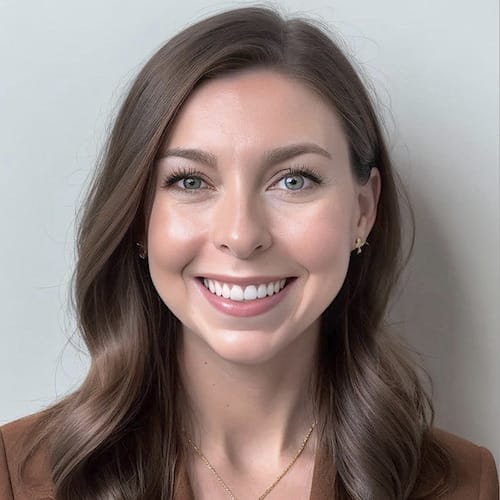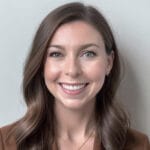
Maintaining optimal hearing is essential for senior living residents and other older adults to uphold their independence and active lifestyle. Hearing issues in many adults in the United States, however, remain underdiagnosed and go untreated.
Per the National Institute on Deafness and Other Communication Disorders, of those aged 70 or more years with hearing impairment who could benefit from hearing aids, less than one-third have used them. Additionally, only 16% of adults aged 20 to 69 years who could benefit from hearing aids actually have worn them.
Although these statistics are startling, the extensively studied cognitive impacts of untreated hearing loss are more so. The Lancet has deemed hearing loss the most modifiable risk factor for dementia, surpassing hypertension and traumatic brain injury. The evidence is clear: good hearing supports mental well-being and fosters connections with others and the surrounding environment.
Mobile audiology programs provide services for individuals who may otherwise lack access to crucial hearing healthcare. For many older adults, especially those in rural areas or facing physical limitations, the prospect of traveling to appointments can be daunting or even impossible. Factor in the challenges posed by the ongoing existence of COVID-19 cases and the need for alternative solutions becomes even more apparent.
In such circumstances, mobile audiology emerges as a lifeline, bridging the gap between individuals and the essential care they require. By bringing expert audiologists directly to older adults’ homes, including in senior living communities, this innovative approach ensures that no one is left behind in the pursuit of optimal hearing health. Moreover, it fosters a sense of inclusivity, recognizing the diverse needs and circumstances of each individual.
Further, mobile audiology goes beyond mere convenience; it embodies a holistic approach to healthcare. Audiologists not only conduct comprehensive assessments and provide necessary treatments; they also assess the individual’s environment for potential communication barriers. This proactive approach not only enhances the person’s immediate well-being but also lays the foundation for long-term improvements in their quality of life.
The benefits extend beyond the individual level to encompass senior living communities and skilled nursing facilities. By offering on-site audiology services, those establishments not only enhance their appeal to prospective residents and their families but also streamline their operations. Mobile audiology becomes an integral component of a facility’s commitment to delivering comprehensive and person-centered care.
Moreover, the impact of mobile audiology extends beyond the realm of healthcare. By empowering individuals to maintain their independence and actively engage with their surroundings, it contributes to the preservation of their autonomy and dignity. It enables residents to continue participating in social activities, pursuing their interests and enjoying meaningful connections with others, thereby enriching their overall quality of life.
In essence, mobile audiology represents a paradigm shift in the delivery of hearing healthcare, a shift characterized by accessibility, inclusivity and person-centeredness. By leveraging technology and expertise, it transcends barriers and empowers individuals to reclaim control over their hearing health.
As we navigate the complexities of an aging population and evolving healthcare landscape, investments in such innovative solutions become not just prudent but imperative. After all, the ability to hear is not just about sound; it’s about connection, engagement and the preservation of one’s sense of self.
Katlyn “Katy” Crisp is a mobile audiologist serving both North and South Carolina. She graduated with her bachelor’s degree in communication sciences and disorders from Appalachian State University in 2017 and obtained her doctorate in audiology (AuD) in 2021 at East Tennessee State University. Since the age of 16, Dr. Crisp has been passionate about audiology and enjoys providing hearing healthcare to those in her community.
The opinions expressed in each McKnight’s Senior Living marketplace column are those of the author and are not necessarily those of McKnight’s Senior Living.
Have a column idea? See our submission guidelines here.


